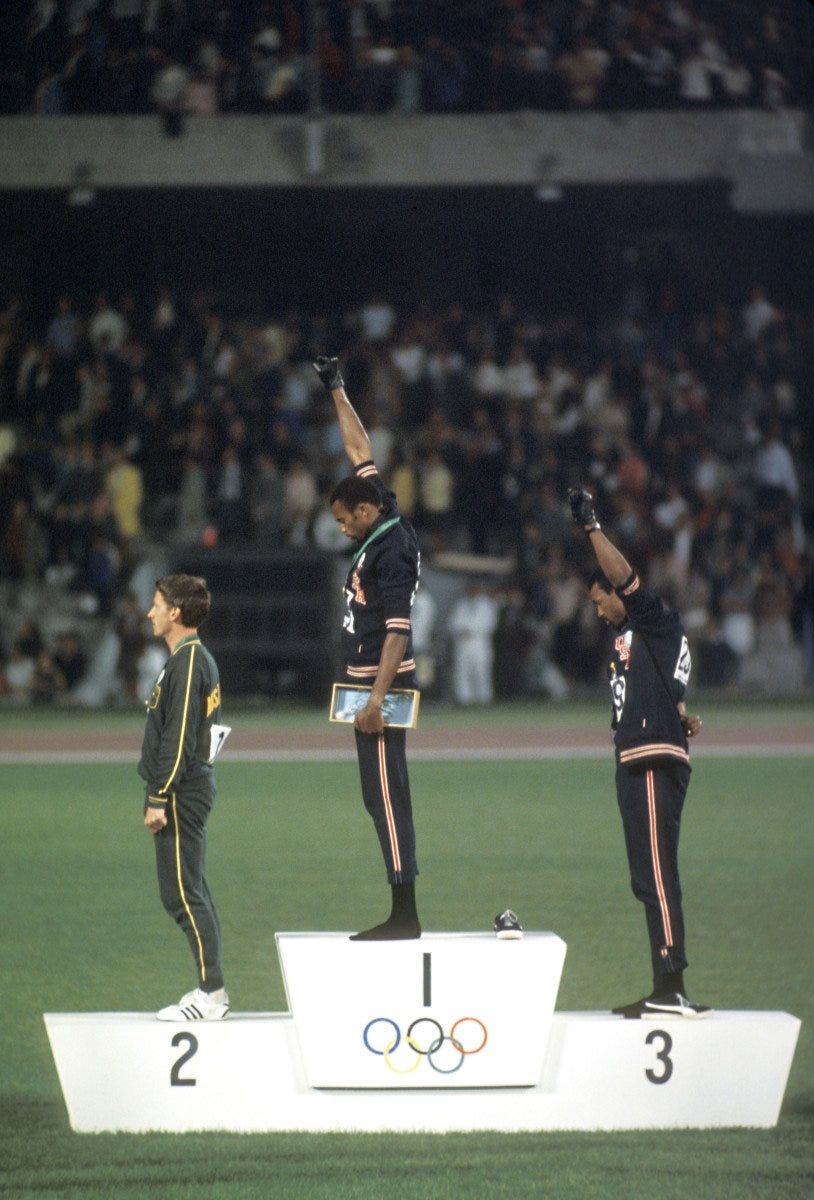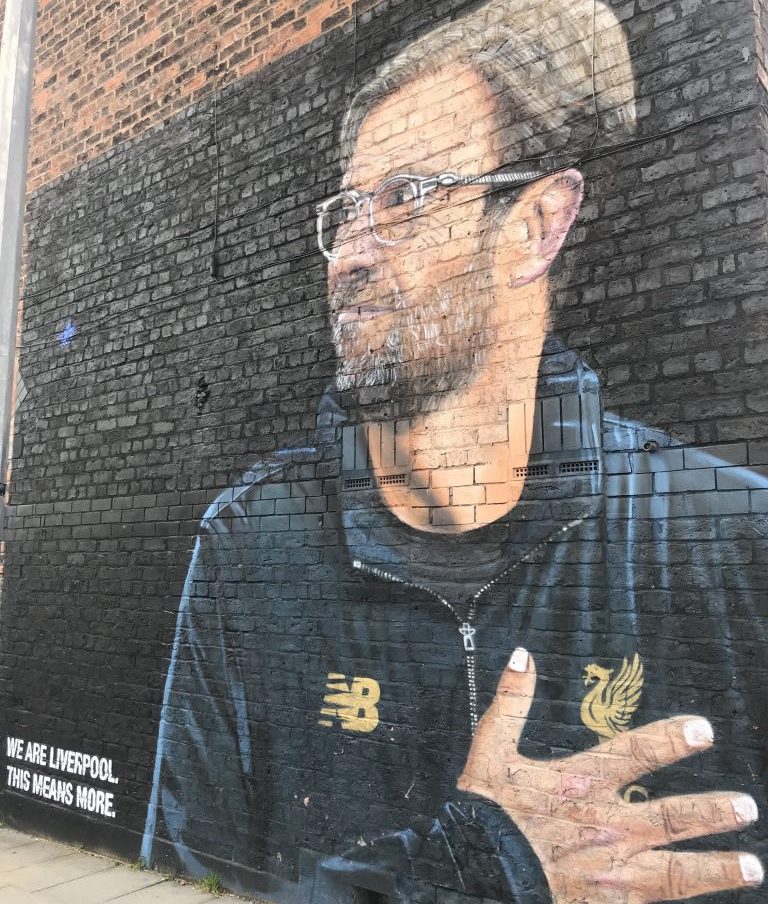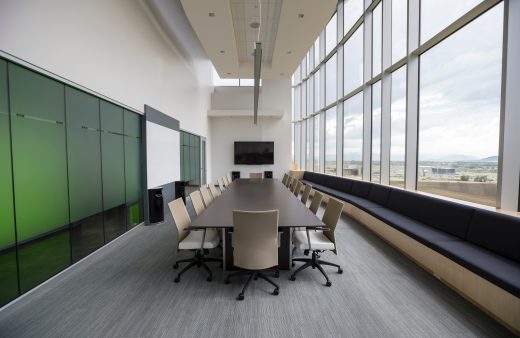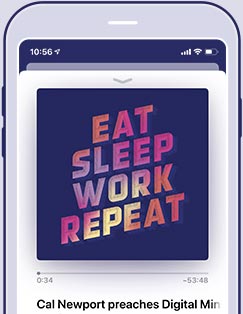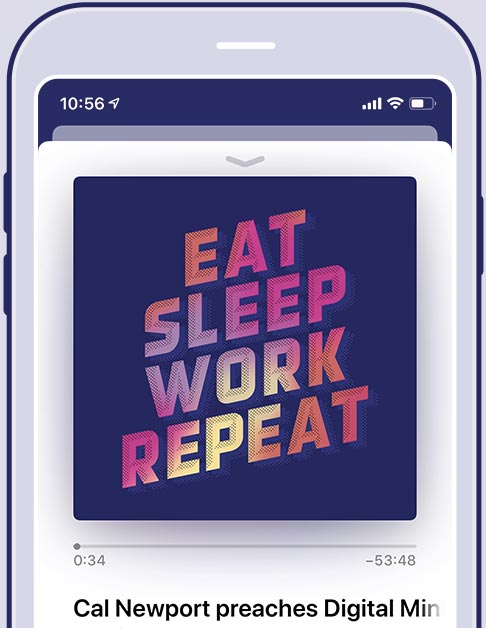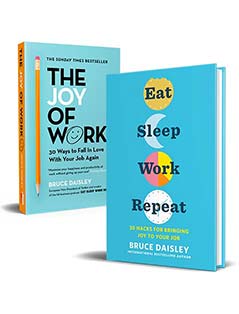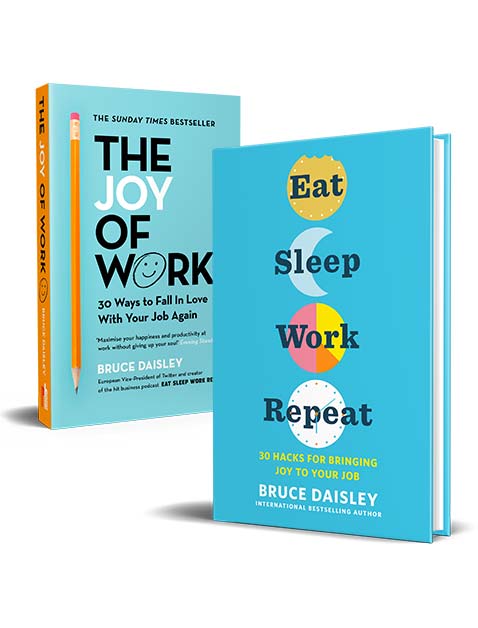Newsletter: Why Jurgen Klopp is the King of Culture
Subscribe to this newsletter
ALSO: Remote Experts: “Meetings are a last resort” // How to build belonging
As the Premier League resumes (and since the newsletter has grown so strongly in the last month or so) it’s a good time to revisit this in-depth study of how the German manager built such a special culture at Liverpool.
There are a lot of critics that seek to undermine the Liverpool FC success story (‘there’s no tactical genius, it’s just luck’ is one argument of a critic featured) but as a dazzling array of guests explain there’s far more to it than might first appear: data, a clear plan and psychological safety. The sense of fun that pervades Klopp’s Liverpool is a joy to witness and I’m sure most football fans would begrudgingly acknowledge Klopp has created something special at the club. Listen to the hour long special now – football fan or not, I promise you’ll love this one! (Read the transcript here)
How to keep communications flowing
I’ve been looking through some of the best guides to remote work out there over the last week or so. Basecamp have been remote only for the majority of their lifespan (I chatted to founder, Jason Fried, a while back). They publish a lot of their user guides highlighting their hard learned lessons. I really liked this from them on how to communicate remotely.
There’s definitely debate here, I chatted to an HR expert last week who said that most firms can learn nothing from these disruptive upstarts. I disagree (I chat to him on next week’s podcast!)
Personally I feel any team could bring this page to their team meetings, read it (silently) together and then discuss what they could experiment with adopting. (A reminder of silent meetings here and here).
Here are some of the main points that stood out to me:
- Real-time sometimes, asynchronous most of the time
- Meetings are the last resort, not the first option.
- Never expect or require someone to get back to you immediately unless it’s a true emergency. The expectation of immediate response is toxic.
- Five people in a room for an hour isn’t a one hour meeting, it’s a five hour meeting. Be mindful of the tradeoffs.
This one aspect really struck me, this is what Basecamp call the ‘Automatic Daily’.
Every workday at 16:30, Basecamp (the product) automatically asks every employee “What did you work on today?” Whatever people write up is shared with everyone in the company. Everyone’s responses are displayed on a single page, grouped by date, so anyone who’s curious about what’s happening across the company can simply read from top to bottom. And if you have a question about anything, you can comment on anyone’s “what did you work on today?” check-in to keep the conversation in context.
Bringing belonging to remote workers
I’ve been delving into some reading that I’ve set aside and this article by – former guest – Liz Fosslien and her Mollie West-Duffy gives some pointers about how to foster belonging in remote workers. A lack of belonging is one of the strongest reasons for workers to quit their jobs (or to become disengaged from it). They suggest:
- 30 minute social check-ins with teams with sub-teams
- making sure that there’s a culture of personalised, specific feedback
- ‘pair calls’ – setting up one-to-ones with random people in the wider team once a week
- and my favourite, sending physical items to each other in the post – I can definitely recognise the appeal of getting something in the mail
WATCH: I did a talk with Cass Business School, imagining what was going to happen next with work.
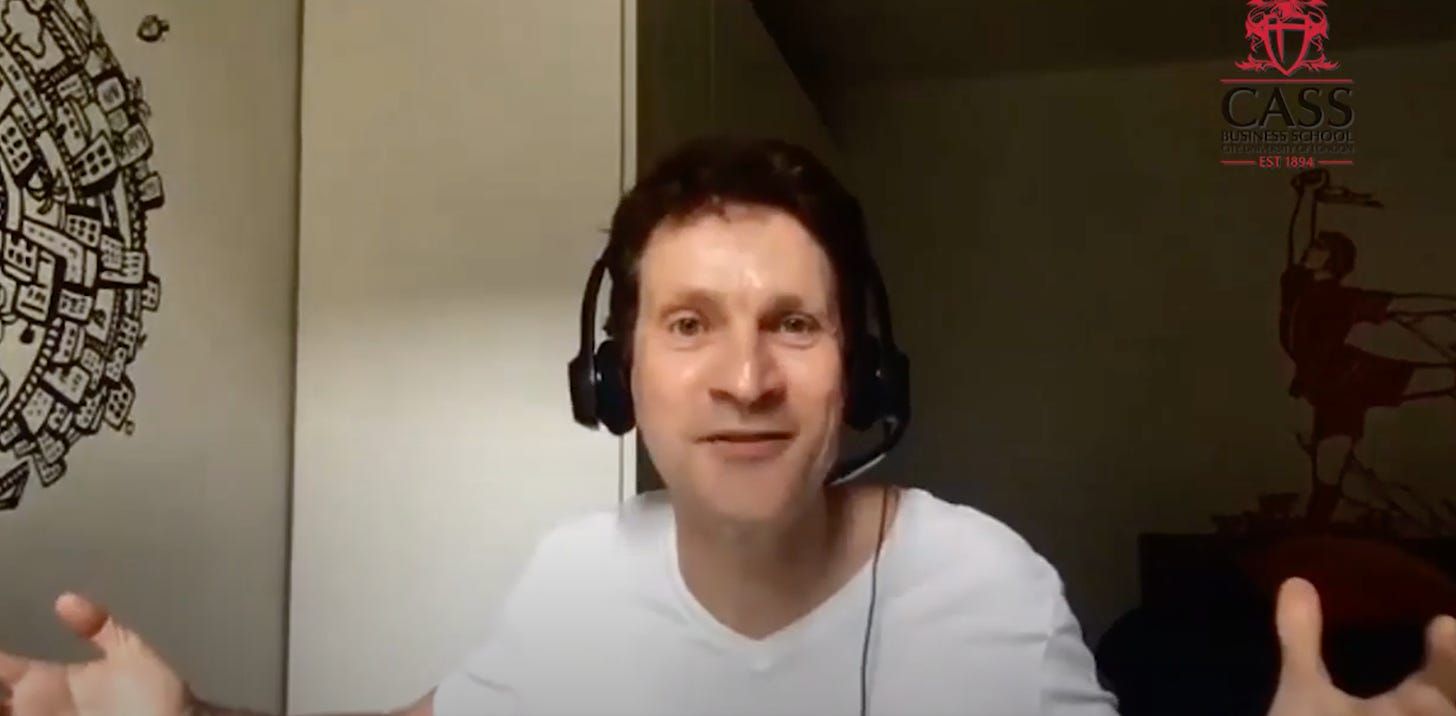

- “The seven top characteristics of success at Google are all soft skills: being a good coach; communicating and listening well; possessing insights into others (including others different values and points of view); having empathy toward and being supportive of one’s colleagues; being a good critical thinker; and being able to make connections across complex ideas”. Quote from Washington Post $, but similar content here.
- We’re more productive working face-to-face with colleagues, that’s the finding of this research paper looking at emergency call handlers in Manchester, UK. Even good use of technology wasn’t as good as being with a colleague in the room.
- We’re all thinking of how to be a better ally and I adored this Twitter thread about the third man at the famous Black Power protest at the 1968 Olympics. The story of it is also told here. But I was thrilled to find the whole story about it is free on Amazon Prime (it’s free in UK, at least).
